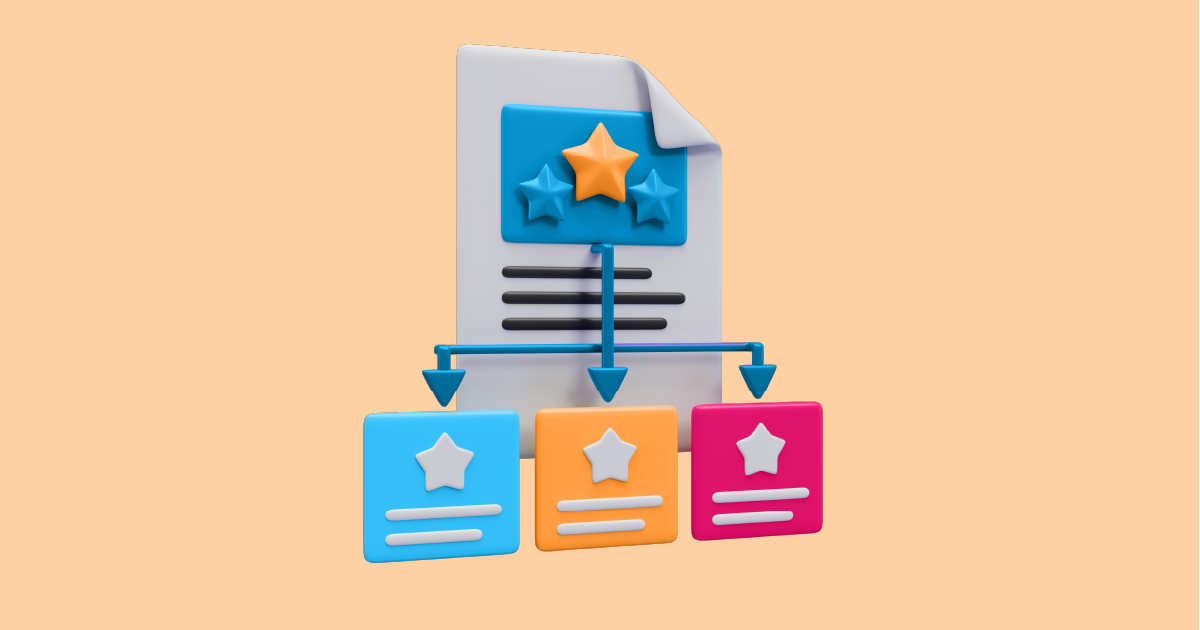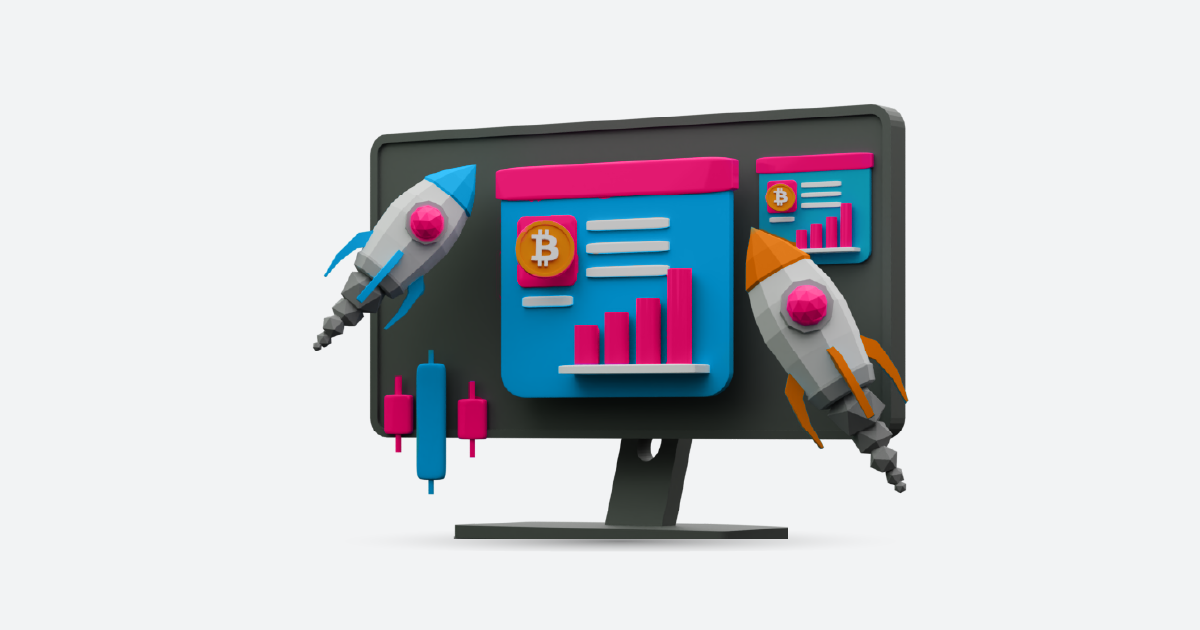In today’s digital age, your online reputation can make or break your business. So, what exactly is Online Reputation Management (ORM)? Simply put, it’s the process of monitoring, influencing, and controlling how your business is perceived online. Whether it’s managing customer reviews, tracking social media conversations, or keeping an eye on industry forums, the best online reputation management tools play a crucial role in ensuring that your brand stays in good standing with the public.
Best Online Reputation Management Tools for 2024

Why is Online Reputation Management Important?
Why should you care about online reputation management? Well, in the digital world, your reputation is everything. A few bad reviews or negative social media posts can drastically affect your business. Reputation impacts customer trust, loyalty, and even sales. People often trust online reviews as much as personal recommendations, so maintaining a good online presence is vital.
How Online Reputation Affects Businesses
Impact of Negative Reviews
Negative reviews are like that bad first impression you can’t shake off. One poor review can snowball into a larger issue, affecting customer trust. In fact, studies show that 86% of consumers hesitate to purchase from a business with negative reviews.
The Role of Social Media in Shaping Reputation
Social media is another powerful influence on your reputation. Platforms like Twitter, Facebook, and Instagram allow customers to share their experiences in real time. This means one dissatisfied customer’s post can quickly go viral, damaging your brand image.
Key Features to Look for in Online Reputation Management Tools
When choosing an ORM tool, you’ll want to make sure it covers all the bases. Here are some key features to look out for:
Real-Time Monitoring
Having real-time monitoring helps you catch issues before they escalate. This feature ensures you’re alerted the moment your brand is mentioned online, whether it’s a review, blog post, or social media comment.
Review and Feedback Management
One of the primary tasks in ORM is managing customer reviews and feedback. A good tool should allow you to respond to reviews across multiple platforms from one centralized location.
Social Media Tracking
ORM tools that track social media activity are invaluable. They allow you to follow conversations related to your brand, so you can address issues as soon as they arise.
Sentiment Analysis
This is where ORM tools really shine. Sentiment analysis helps you gauge the tone of online mentions, categorizing them as positive, negative, or neutral.
Competitor Analysis
Some ORM tools also offer competitor analysis, allowing you to see how your business stacks up against others in your industry. This insight can be critical for understanding market position and identifying areas of improvement.
Top Online Reputation Management Tools
Now that we understand the importance of ORM and what features to look for, let’s dive into some of the best tools available.
AIM Insights
A leader in the social media listening world, AIM Insights offers powerful reputation management features. With its real-time monitoring and social listening capabilities, you can track brand mentions across the web.
Brand24
Brand24 excels in monitoring online mentions and providing sentiment analysis. Its user-friendly interface makes it easy for businesses to track their online presence and respond to reviews efficiently.
ReviewTrackers
Specifically designed for review management, ReviewTrackers is perfect for businesses looking to manage their online reviews across multiple platforms.
Google Alerts
Although simpler than some of the other tools on this list, Google Alerts is free and offers basic monitoring of your brand’s online presence.
Yext
Yext is a comprehensive ORM tool that offers real-time brand monitoring, review management, and even local listing management.
How to Choose the Best ORM Tool for Your Business
Assessing Business Needs
Every business is different, and so are its ORM needs. For smaller businesses, a simple tool like Google Alerts might suffice, while larger enterprises may need more comprehensive platforms like Yext.
Comparing Pricing and Features
Pricing can vary significantly, so it’s essential to compare the features offered at each price point to find what fits your budget and requirements.
Customization and Integration
ORM tools should seamlessly integrate with your existing systems, such as customer relationship management (CRM) software. Additionally, customization options will allow you to tailor the tool to suit your specific needs.
Benefits
Time-Saving
ORM tools can help automate much of the monitoring and review response process, saving you time and effort.
Improved Customer Relationships
By responding quickly to negative feedback, you can resolve issues before they damage your reputation.
Real-Time Insights
These tools give you real-time data on what’s being said about your business online, so you can stay proactive in managing your reputation.
Enhanced Brand Image
A well-maintained online reputation boosts customer trust and loyalty, which can ultimately lead to more sales.
Future Trends
As technology advances, ORM tools are becoming more sophisticated. Expect more tools to incorporate artificial intelligence and machine learning to predict trends in customer sentiment and reputation.
Case Studies: Record-Breaking ORM Success Stories
To truly understand the impact of effective ORM, let’s look at real-world examples where businesses turned their reputations around, thanks to these tools:
- Domino’s Pizza faced a challenging crisis in 2009 when a viral video by employees tarnished its image. With ORM strategies, including social media monitoring, real-time responses, and public apology campaigns, Domino’s not only recovered but improved its image, leading to record-breaking sales in the following years.
- United Airlines went through a PR crisis in 2017 after a video of a passenger being forcibly removed went viral. United’s slow response highlighted the importance of real-time monitoring and quick responses in ORM. This incident prompted many businesses to adopt ORM tools to avoid similar situations, and the airline industry as a whole revamped its approach to customer experience.
- Nike’s Customer Satisfaction: After receiving backlash regarding labor practices, Nike deployed ORM and social listening tools to track public sentiment and respond proactively to concerns. Over time, the brand managed to transform public perception, leading to increased customer trust and brand loyalty.
Quotes & Insights from Industry Influencers
A look into ORM wouldn’t be complete without thoughts from industry experts who emphasize the importance of maintaining a positive digital footprint:
Neil Patel, digital marketing expert, tweeted:
“Your brand is more than a logo or product. It’s what people say about you online. Don’t ignore it. Invest in ORM to build a lasting reputation.”
Jay Baer, customer experience consultant, stated:
“A single tweet can make or break your brand in minutes. Real-time ORM isn’t a luxury; it’s a necessity in today’s instant feedback world.”
Gary Vaynerchuk, social media thought leader, shared:
“Consumers hold brands accountable in ways they never did before. It’s why ORM tools are crucial to stay connected with your audience and respond authentically.”
By learning from these case studies and heeding advice from industry experts, businesses can understand the critical role ORM plays in managing and maintaining a positive brand image. Whether it’s a small business or a global enterprise, adopting ORM tools is a proactive step toward building resilience and trust in a fast-paced, digital world.
Conclusion
Choosing the right online reputation management tool can make a world of difference for your business. Whether you’re dealing with a flood of online reviews or trying to stay on top of social media mentions, there’s a tool out there for you. By leveraging the right ORM software, you can protect and improve your brand’s reputation, keeping your business ahead of the curve.
If you’re ready to enhance your brand’s online reputation and get personalized insights tailored to your business, request a demo from AIM Technologies today! With cutting-edge tools and AI-driven solutions, AIM Technologies helps you stay ahead in the reputation game.
FAQs
What is the difference between ORM and SEO?
- ORM focuses on managing your brand’s online reputation, while SEO is about optimizing your website to rank higher on search engines.
Can ORM tools help me remove negative reviews?
- While ORM tools can’t remove reviews, they help you manage and respond to them effectively.
How much do ORM tools typically cost?
- Prices can range from free tools like Google Alerts to more expensive options like Yext, which offers custom pricing.
Are ORM tools suitable for small businesses?
- Yes! Many ORM tools offer affordable options tailored to small businesses.
How often should I check my online reputation?
- Daily monitoring is recommended, especially for businesses that rely heavily on customer reviews.




